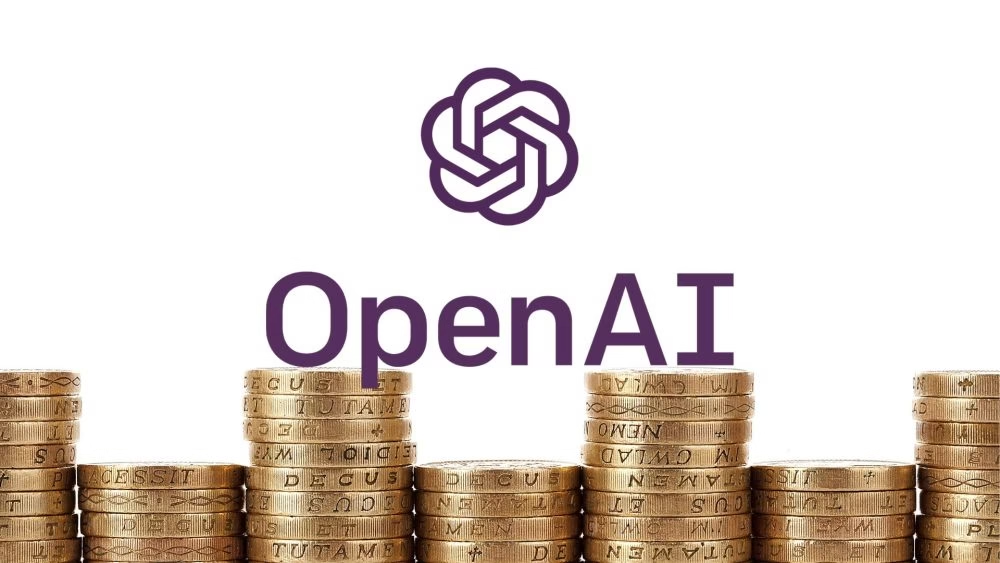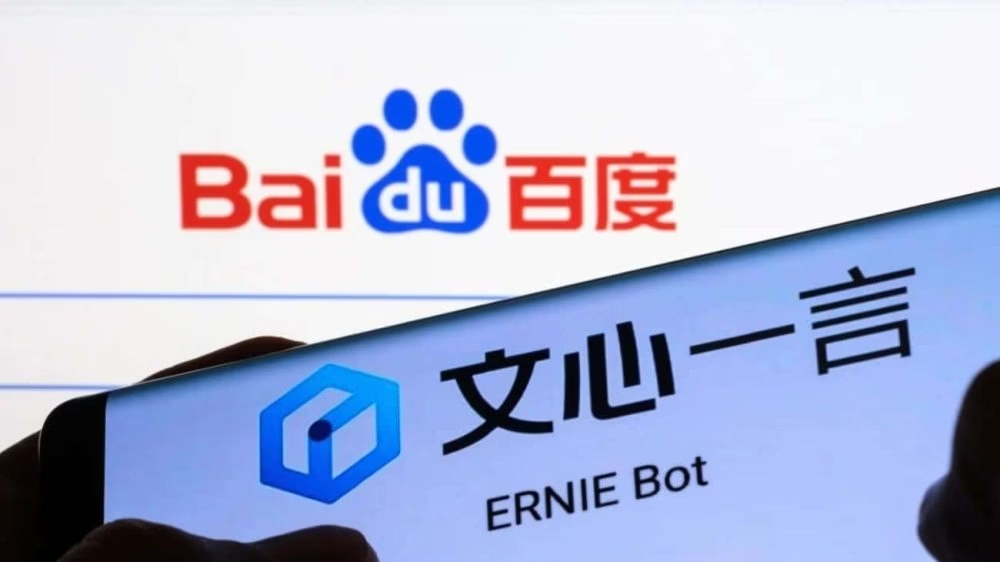OpenAI is reevaluating its compensation structure and retention strategies following a wave of high-profile staff departures—many of whom have been lured away by Meta with reportedly massive financial incentives. The talent exodus has struck at the heart of OpenAI’s elite research teams, prompting an urgent internal response from top leadership.
OpenAI’s Response: A Breach of Trust
In an internal Slack memo obtained by Wired, OpenAI’s Chief Research Officer Mark Chen didn’t mince words about the emotional impact of losing team members to Meta’s aggressive recruitment drive.
I feel a visceral feeling right now, as if someone has broken into our home and stolen something, Chen wrote. The memo suggests that OpenAI views these defections not just as professional setbacks, but as personal betrayals.
Chen also revealed that the company is working “24/7” to negotiate with researchers who’ve received offers from outside, while simultaneously trying to maintain internal fairness in pay and recognition. We are recalibrating compensation and scoping out creative ways to recognize and reward top talent, he said, indicating a coming overhaul of OpenAI’s employee incentive system.
Meta’s Talent Raid: $100 Million Packages and Personal Outreach
Meta, under the leadership of CEO Mark Zuckerberg, has shifted into full-blown recruitment mode, focusing on acquiring some of the AI industry’s brightest minds—particularly from OpenAI. According to OpenAI CEO Sam Altman, Meta’s offers to researchers have included jaw-dropping packages, with signing bonuses reportedly reaching up to $100 million.
While Meta executives have disputed the exact figures, the success of their campaign is undeniable.
In just the past two weeks, eight senior OpenAI researchers have accepted positions at Meta:
- Lucas Beyer
- Alexander Kolesnikov
- Xiaohua Zhai
- Shengjia Zhao
- Jiahui Yu
- Shuchao Bi
- Hongyu Ren
- Trapit Bansal
Zhao and Bi were instrumental in the development of GPT-4, OpenAI’s flagship large language model, while others played crucial roles in research efforts at the company’s Zurich office.
The loss of these researchers poses a significant challenge for OpenAI, which has prided itself on being at the forefront of cutting-edge artificial intelligence innovation.
The Growing AI Talent War
The tech world is currently embroiled in an unprecedented race for artificial intelligence talent. With AI now a central pillar of strategy for companies like Google, Microsoft, Amazon, Meta, and OpenAI, securing top researchers has become both a competitive necessity and a financial arms race.
Meta’s recent hiring spree appears to be part of a broader strategy to reassert its dominance in the AI space after trailing behind companies like OpenAI and Anthropic in generative AI deployments. With Zuckerberg reportedly reaching out personally to some OpenAI researchers, the stakes—and the salaries—have never been higher.
OpenAI’s Next Steps
In response to these challenges, OpenAI is expected to roll out major changes to its compensation model in the coming weeks. While details remain undisclosed, insiders suggest that these adjustments could include:
- Substantial increases in equity grants
- Loyalty-based bonuses for long-term researchers
- Streamlined promotion and recognition programs
- Enhanced research freedom to attract and retain top talent
Despite the losses, OpenAI leadership remains committed to its mission. CEO Sam Altman previously commented that while the departures are painful, they are a natural part of the ecosystem and do not threaten the company’s long-term trajectory.
Yet the emotional tone of Chen’s memo suggests otherwise. We’re not just losing people, he said. We’re losing core contributors to our vision, to our breakthroughs, and to our culture.
The implications of this talent tug-of-war extend beyond company reputations. The researchers leaving OpenAI were involved in some of the most advanced AI systems developed to date. If Meta integrates their expertise effectively, it could reshape the competitive balance of power in the generative AI industry.
As AI continues to drive technological innovation, national security concerns, and global economic shifts, the battle for talent is more than just a human resources issue—it’s a high-stakes geopolitical and technological contest.
The AI gold rush has entered a new phase, where talent is valued in hundreds of millions and emotional appeals mix with corporate ambition. As OpenAI recalibrates and Meta builds up its research arsenal, one thing is clear: the future of artificial intelligence is being shaped not only by code and models—but by the people behind them, and the companies willing to fight hardest to keep them.



